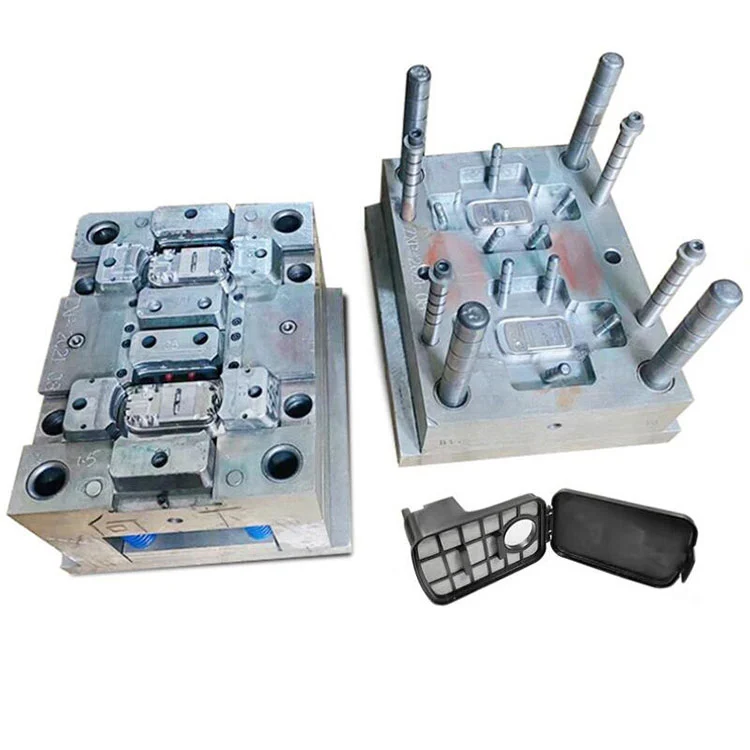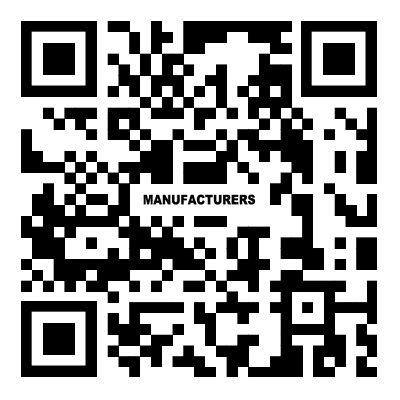Why do I Need a Tooling DFM Process for Injection Mold Design?
2025-09-23
In modern manufacturing, precision and efficiency are crucial. When it comes to injection molding, one of the most important steps is implementing a tooling Design for Manufacturability (DFM) process. Many buyers often ask: Why do I need a tooling DFM process for injection mold design? The answer lies in how this approach reduces costs, improves quality, and ensures reliable production mold results. At Ningbo Moldor Plastic Co., Ltd., our factory integrates advanced DFM techniques to deliver better solutions for global clients.
Understanding the tooling DFM process
A tooling DFM process evaluates the part design, mold structure, and manufacturing workflow before final tooling. This stage identifies potential risks such as wall thickness imbalance, draft angle issues, and unnecessary complexity. By resolving these factors early, our customers benefit from lower tooling revisions, shorter lead times, and more stable mass production.
Key product parameters from our factory
At Moldor, we emphasize clear technical communication with clients. Below is a summary of essential product parameters we often analyze during tooling DFM for injection mold design:
| Product Name | Production Mold / Injection Mold |
| Material | High-grade steel (H13, S136, P20) depending on product application |
| Cavity Number | Single cavity to multi-cavity based on client requirement |
| Mold Life | 300,000 – 1,000,000 shots depending on selected steel |
| Surface Finish | Polishing, texture, EDM finish, or mirror surface |
| Runner System | Hot runner or cold runner, designed for efficiency |
| Lead Time | 4 – 8 weeks depending on complexity |
| Application Industry | Automotive, consumer products, medical, packaging, and electronics |
These parameters help our clients understand what to expect when they work with our factory. The process guarantees that every Production Mold we deliver aligns with global quality standards.
Advantages of using a tooling DFM process
The question remains: Why do I need a tooling DFM process for injection mold design? The benefits are clear:
1. Improved mold accuracy, minimizing costly modifications.2. Enhanced production efficiency due to optimized flow and cooling design.
3. Stronger part quality with consistent tolerances and finishes.
4. Reduced overall lead time and material waste.
At Ningbo Moldor Plastic Co., Ltd., our engineers use advanced simulation software to validate designs, ensuring that every Production Mold meets both client requirements and international standards.
Frequently asked questions
Q1: Why do I need a tooling DFM process for injection mold design before starting production?
A1: Without DFM, potential issues such as uneven cooling, air traps, or incorrect draft angles may remain hidden until late stages, causing delays and cost overruns. By implementing DFM at the beginning, our factory helps clients save both time and money while ensuring higher reliability in the Production Mold.
Q2: Why do I need a tooling DFM process for injection mold design if I already have an experienced designer?
A2: Even the best designers can miss small but critical details when working alone. A structured DFM process involves a team review, combining mold engineers, manufacturing experts, and quality controllers. At Ningbo Moldor Plastic Co., Ltd., we make sure the design is validated from multiple technical angles, ensuring that no weak points are overlooked.
Q3: Why do I need a tooling DFM process for injection mold design when my product seems simple?
A3: Simplicity in product design does not always mean simplicity in molding. Factors such as gate location, ejection system, and shrinkage behavior still require careful analysis. Our engineers evaluate every part, regardless of complexity, to guarantee that the Production Mold will run smoothly and achieve consistent output during mass manufacturing.
Why clients choose our factory
In the competitive world of manufacturing, skipping essential steps can be costly. That is why a tooling DFM process for injection mold design is not just recommended but necessary. At Ningbo Moldor Plastic Co., Ltd., our factory continues to refine this approach, ensuring that each mold we deliver represents precision, durability, and efficiency. Partnering with Moldor means securing reliable results for every project, no matter the scale or application.
Clients choose us because our approach is not limited to building molds but extends to providing full engineering support. From the first design review to mass production, our factory focuses on practical solutions. By partnering with Moldor, companies gain access to our technical team, modern machining facilities, and a commitment to long-term collaboration.



